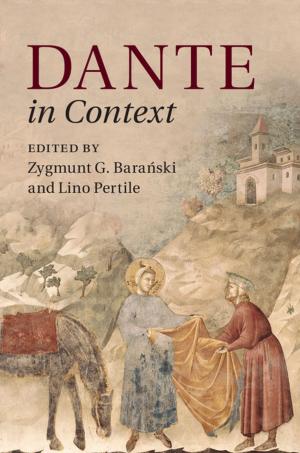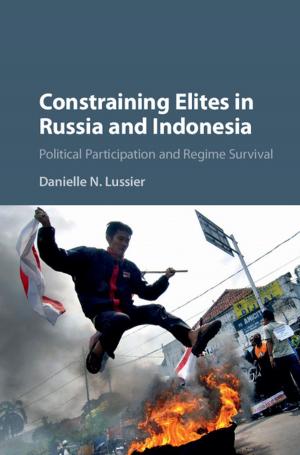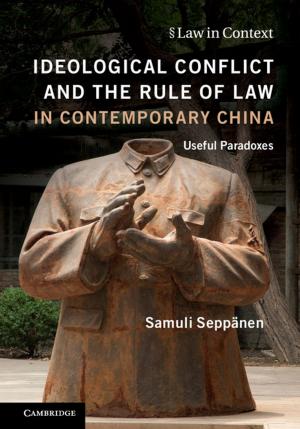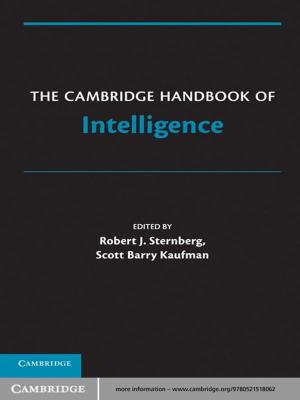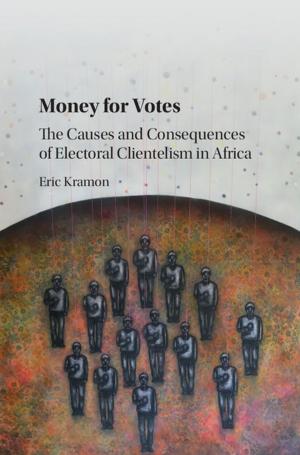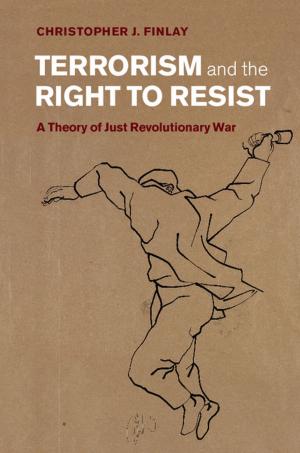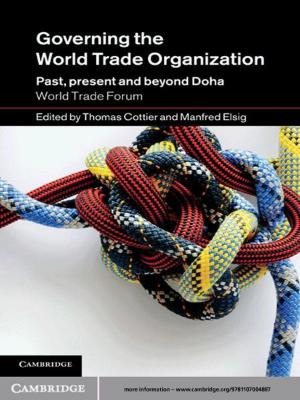Governments, Non-State Actors and Trade Policy-Making
Negotiating Preferentially or Multilaterally?
Nonfiction, Reference & Language, Law, International, Business & Finance| Author: | ISBN: | 9781139365727 | |
| Publisher: | Cambridge University Press | Publication: | September 9, 2010 |
| Imprint: | Cambridge University Press | Language: | English |
| Author: | |
| ISBN: | 9781139365727 |
| Publisher: | Cambridge University Press |
| Publication: | September 9, 2010 |
| Imprint: | Cambridge University Press |
| Language: | English |
One of the most pressing issues confronting the multilateral trade system is the challenge posed by the rapid proliferation of preferential trade agreements. Plenty has been written about why governments might choose to negotiate preferentially or multilaterally, but until now it has been written almost exclusively from the perspective of governments. We know very little about how non-state actors view this issue of 'forum choice', nor how they position themselves to influence choices by governments about whether to emphasize PTAs or the WTO. This book addresses that issue squarely through case studies of trade policy-making and forum choice in eight developing countries: Chile, Colombia, Mexico, South Africa, Kenya, Jordan, Indonesia and Thailand. The case studies are based on original research by the authors, including interviews with state and non-state actors involved in the trade policy-making process in the eight countries of this study.
One of the most pressing issues confronting the multilateral trade system is the challenge posed by the rapid proliferation of preferential trade agreements. Plenty has been written about why governments might choose to negotiate preferentially or multilaterally, but until now it has been written almost exclusively from the perspective of governments. We know very little about how non-state actors view this issue of 'forum choice', nor how they position themselves to influence choices by governments about whether to emphasize PTAs or the WTO. This book addresses that issue squarely through case studies of trade policy-making and forum choice in eight developing countries: Chile, Colombia, Mexico, South Africa, Kenya, Jordan, Indonesia and Thailand. The case studies are based on original research by the authors, including interviews with state and non-state actors involved in the trade policy-making process in the eight countries of this study.



